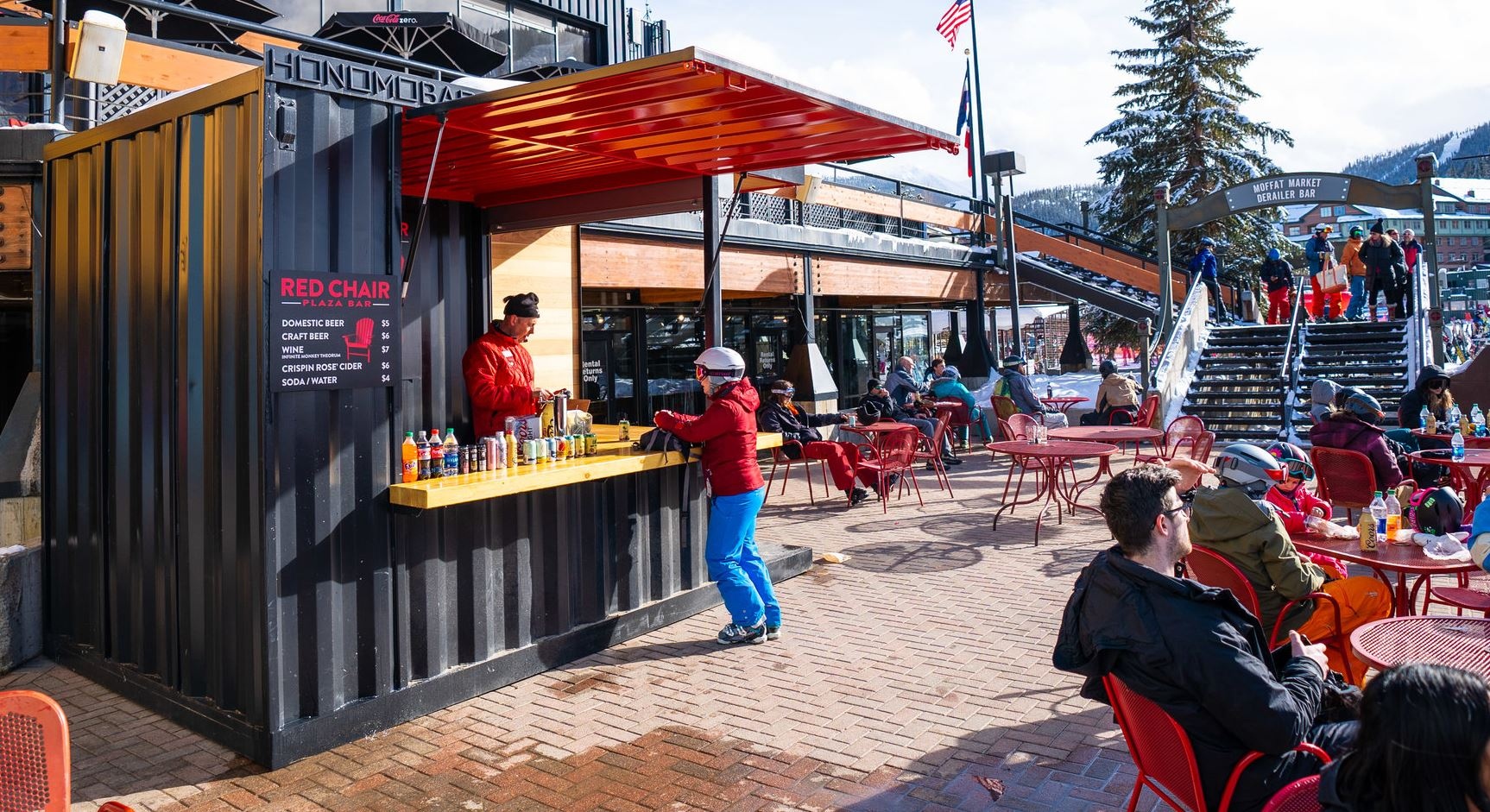Millennials living with baby boomers to afford homes
Myles Shane
REM
Many millennials believe they may never be able to afford a home unless they have family that can help them out financially. But baby boomers, many of whom are now seniors, are also being significantly affected by the rising costs of living. With no relief in sight from the escalating costs, some Canadians have been adopting different housing models in order to cope. The 2016 Canadian census shows 28.2 per cent of all households consisted of just one person – the most since confederation in 1867. The 2016 census also shows a noteworthy growth of multi-generational households, with a 37.5 per cent increase since 2001.
A concept that is picking up steam is intergenerational home sharing.
Most home-sharing programs match adults aged 55 and over, who have a spare room in their home, with university or college students seeking affordable housing. In exchange for reduced rent, the student provides companionship and/or assistance, completing light household tasks such as preparing and sharing meals, tidying up, carrying groceries or walking a pet.
The benefits of these joint living agreements provide much more than monetary advantages. One of the longest-running operations in the United States reports that 81 per cent of seniors participating feel happier, 74 per cent feel more secure in their homes and 74 per cent feel less isolated.
In Toronto, a pilot project called Toronto HomeShare was created in May 2018 as a City of Toronto initiative, with funding from the Ontario Ministry of Seniors Affairs. The National Initiative for the Care of the Elderly (NICE) implemented the pilot in partnership with the city and the Toronto Seniors Strategy Accountability Table, a group of seniors, caregivers and other community partners dedicated to adequately and effectively supporting Toronto’s aging population, says Laura Martinez, the program manager.
“The purpose of the pilot was to empower older adults wishing to remain in their homes with a means of obtaining additional income, help around the home and companionship, as well as to address the lack of affordable housing in the city, particularly among students,” Martinez says. “Among the 12 senior home providers and students matched during the HomeShare pilot, many reported experiencing benefits from their participation, such as a decrease in both social isolation and financial burden. Based on the success of the pilot, City Council voted to expand and continue HomeShare.”
Martinez says the program has “received some referrals from real estate agents whose clients may be experiencing trouble remaining in their homes as they age, either due to needing a bit of extra income or because they could use some extra help around the home.”
Another company that recently entered the home-sharing market is Happipad. CEO Cailan Libby says Happipad is “a Canadian social enterprise who believes home sharing is an important solution to address housing affordability and social isolation. We do this through the creation of a home-sharing platform, which makes it safe and simple for anyone to find a compatible person to share their home with.” Currently Happipad is only available to B.C residents.
Libby discussed the method that Happipad uses to match their clients: “The registration process involves a thorough questionnaire, which is used to create a matching profile that captures personality traits, interests and lifestyle characteristics. The matching profile is similar to what a dating website would use, although catered towards home-sharing arrangements.”
Safety is a major concern and top priority for the company, he says. “Happipad uses an industry-leading screening process for both the host and guest. Hosts have additional checks done including a check of utility records and lease terms if they are not the registered owner of their property. ID verification compares their government ID against a live picture, which is then compared against databases to test that the identity is real, current and that their facial features match,” Libby says.
He provided a few examples of home sharing where his older female clients have been extremely satisfied with their choices. “A match in Chilliwack quickly became a success when the younger lady started showing her culinary expertise by cooking most dinners. Each lady lives independently and has their own daily routine, however they both enjoy grocery shopping together, sharing dinners and watching television. The older lady feels much safer in her home now and the younger lady is very grateful to have a comfortable home at a great price.”
Libby says one of the longest matches, which has lasted more than two years, is a senior woman who was matched with a 24-year-old man from Israel. “He moved to West Kelowna for a job opportunity but was struggling finding a home he could afford on his entry-level income,” says Libby. “The arrangement has been amazing for both of them, each helping the other however they can. The host offers reduced rent for help maintaining the garden and other chores while they also enjoy attending church together. When the host heard that her guest may have to leave the country because of his work visa she was very sad and even offered to sponsor him. In the end it was all sorted out and they are very happy.”
Regardless of the economics in play, it appears both the millennials and baby boomers are gaining something from intergenerational living that money can’t buy – friendship and experience.
© 1989-2020 REM Real Estate Magazine






